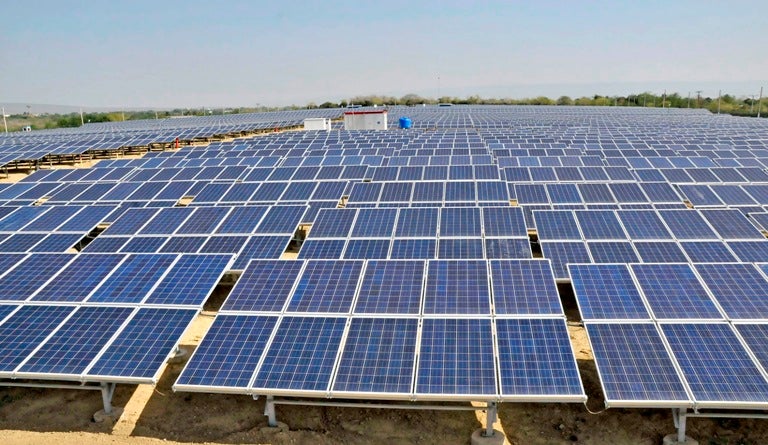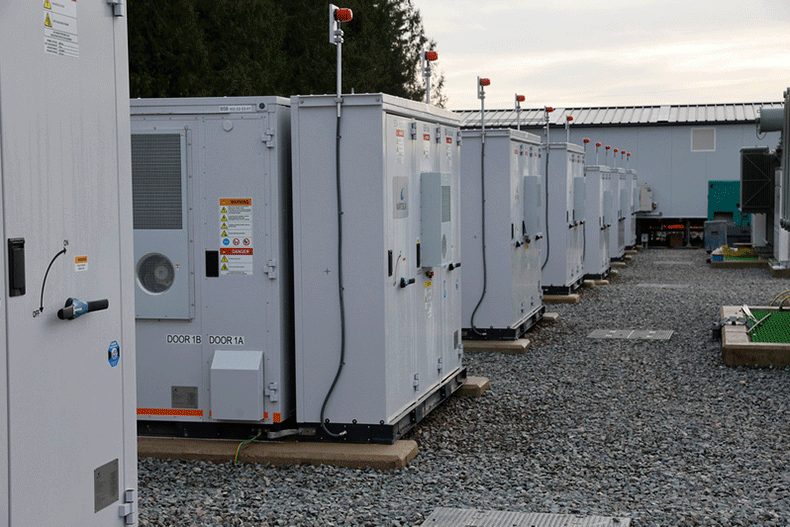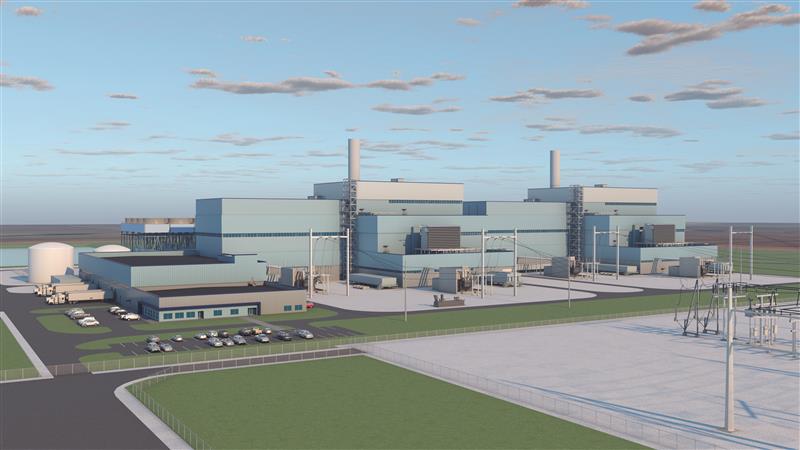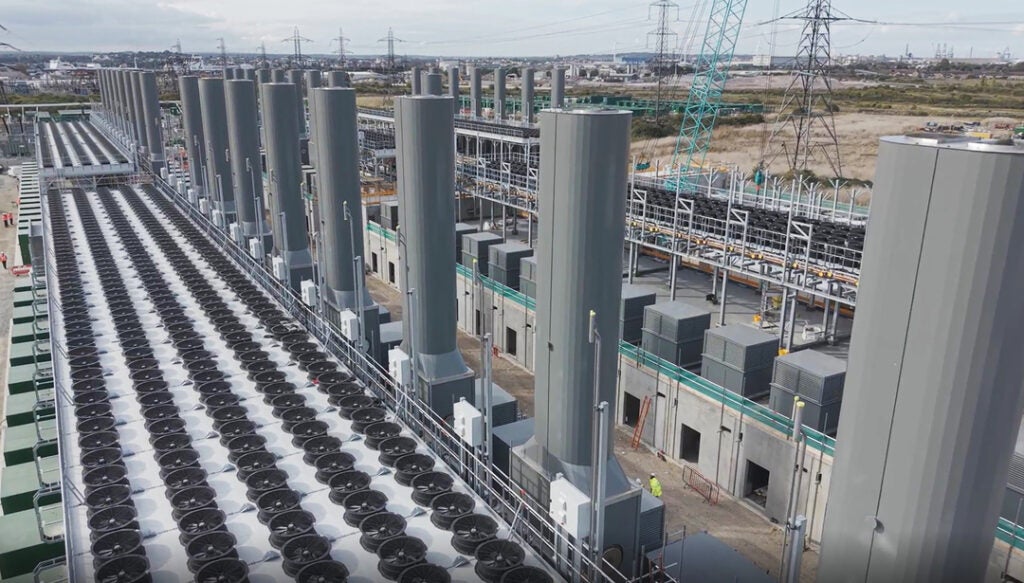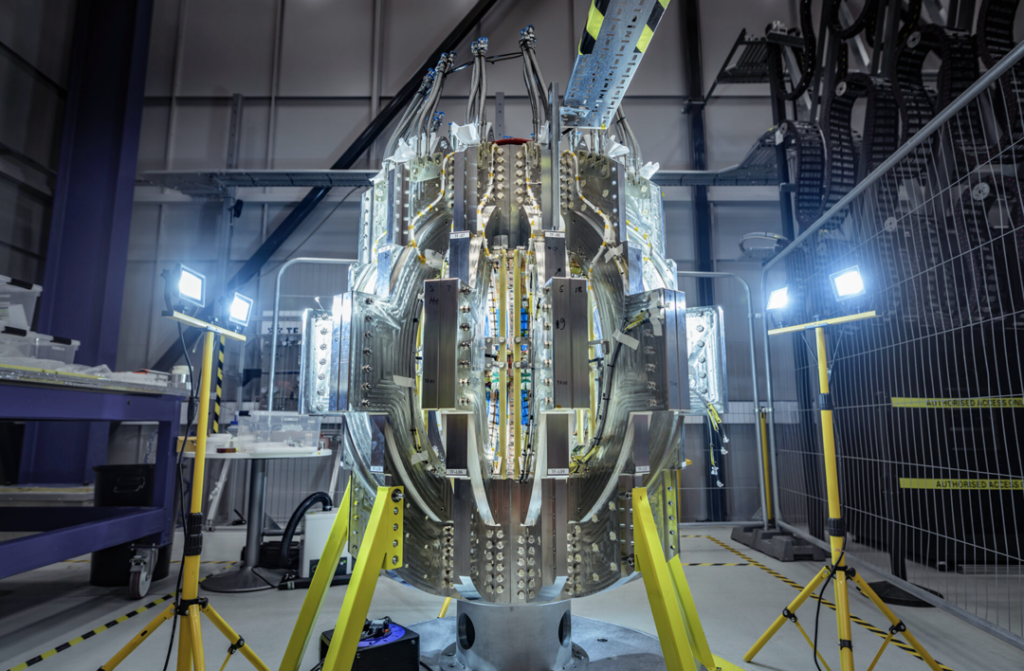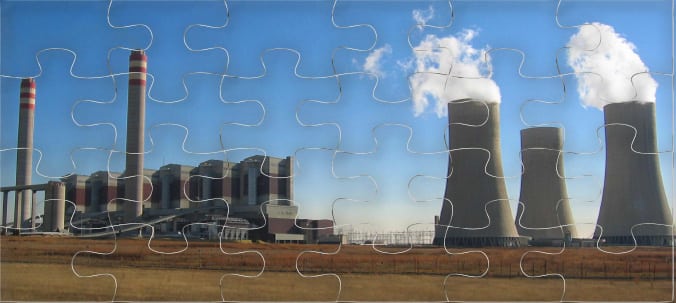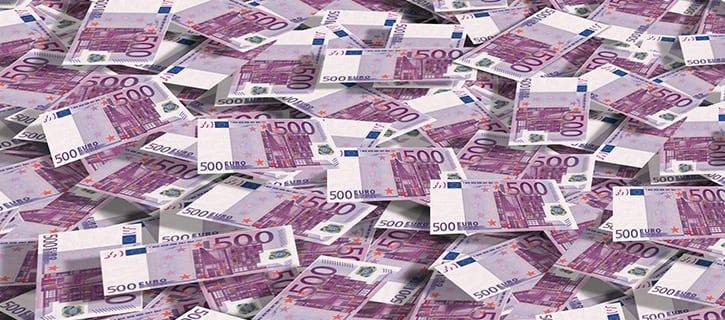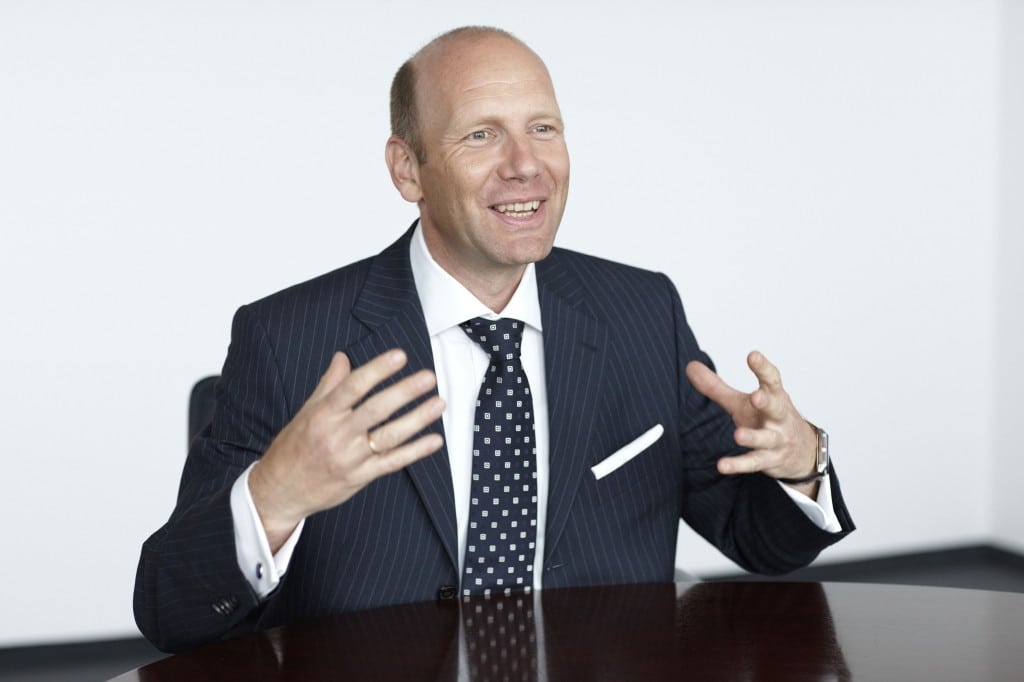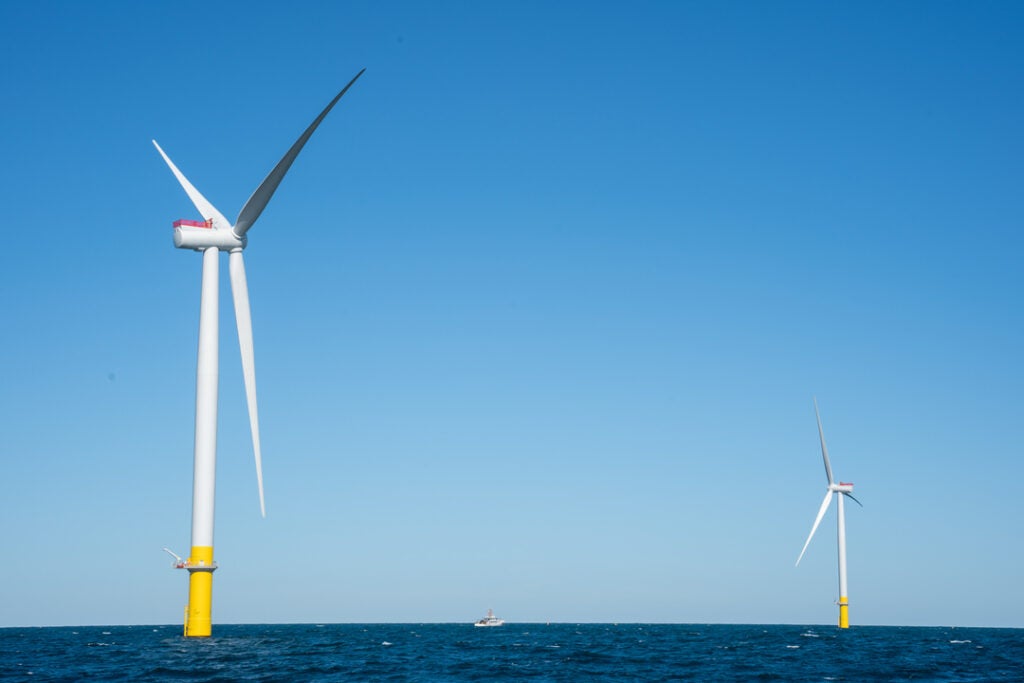Two German energy heavyweights have completed an asset swap that will have a major impact on the global market for renewable energy.
RWE and E.ON on July 1 closed a deal that had been months in the making, with RWE taking on the assets of Innogy, an E.ON subsidiary (and former RWE company), to make RWE one of the world’s largest players in the renewables market. Innogy’s stake in Kelag, an Austrian utility, also transfers to RWE, adding hydropower to RWE’s portfolio. RWE had acquired E.ON’s renewables business last year.
“This is the day we have been working towards for two years. The new RWE has been completed. It is a new, bigger and more diverse company, with a clear goal. By 2040, we will be carbon neutral. This will take us far beyond what other companies are aiming for,” said Rolf Martin Schmitz, CEO of RWE AG.
RWE, which has been Germany’s largest power producer, said it plans net investments of about €5 billion ($5.6 billion) in Europe, North America, and Asia/Pacific, with about €1 billion ($1.13 billon) of that total earmarked for projects in Germany. The company’s generation capacity for renewables will now top 13 GW, up from its about 10 GW today.
The companies said about 2,700 workers will move from Innogy to RWE.
A Switch in Focus
“We have a wonderful starting point: a huge worldwide renewables portfolio, two teams that complement each other perfectly with many years of experience, and a strong investment program,” said Markus Krebber, RWE chief financial officer, in a statement. “This will enable us to strengthen our leading position in the market even further.”
RWE and E.ON both have been vertically integrated utilities. RWE’s focus is moving to expanding renewables and power generation; E.ON will now focus on retail power markets and electricity networks. The deal gives RWE a footprint on four continents and in 40 countries.
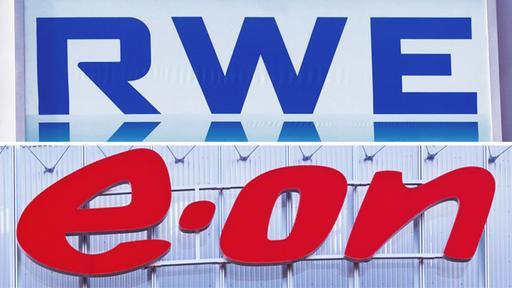
The complex deal that required approval from the European Commission began with E.ON acquiring the majority stake in Innogy in a deal that closed in September 2019. Innogy, created in 2016 as RWE’s renewables arm, at the time directed RWE’s power distribution and renewables assets. RWE will now oversee all the renewables business of both E.ON and Innogy, and RWE also has acquired an ownership stake in E.ON that includes minority shares of Innogy’s gas storage business, along with the holdings in Kelag.
The deal that closed today had been challenged in court. German renewable electricity retailer Naturstrom, along with 10 other independent German electricity suppliers, in May asked for a judicial review, with the companies claiming it would threaten competition in the German power market.
The European Commission last year said it needed commitments from E.ON that the company would exit certain businesses in order to support the deal. Among those stipulations were that E.ON would step away from Innogy’s electricity and gas retail business in the Czech Republic. and part of E.ON’s electricity retail business in Hungary. The commitments in Germany relate primarily to much of E.ON’s heating electricity business, and the construction and operation of several of electric-vehicle (EV) charging stations on the country’s highways.
Change in Energy Markets
Germany began liberalizing its energy markets about 20 years ago. Sales were divided among four large companies—RWE, E.ON, EnBW, and Vattenfall. The deal completed Wednesday means E.ON and RWE, with headquarters just a few blocks apart in Essen, will operate a new model of horizontal segmentation, with those companies in effect holding an immediate controlling market position.
RWE will now be the second-largest offshore wind operator worldwide, according to the company. E.ON, which is taking over RWE’s power lines and grid holdings, along with its electricity customers, will concentrate on grid operation and end-use services, including EV chargers. E.ON will be the major operator of the German power grid, and also becomes one of Europe’s largest electricity suppliers.
“Our team has an outstanding position—with a strong renewables business, which is channelling all its energy towards growing internationally and can now hit the ground running,” said Schmitz. “With a fleet of flexible and conventional power stations, which build a reliable bridge to the new energy era. And with energy trading operations with the expertise to seize opportunities on global energy markets.”
—Darrell Proctor is associate editor for POWER (@DarrellProctor1, @POWERmagazine).






